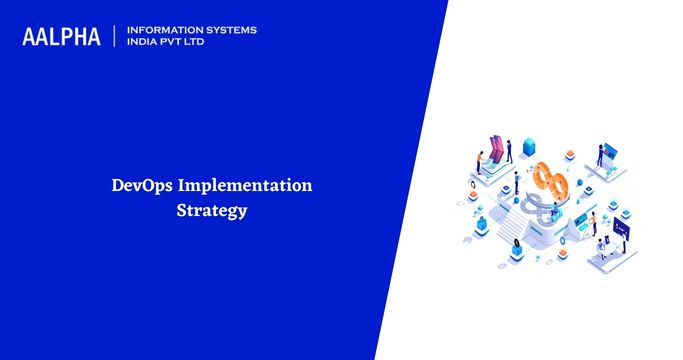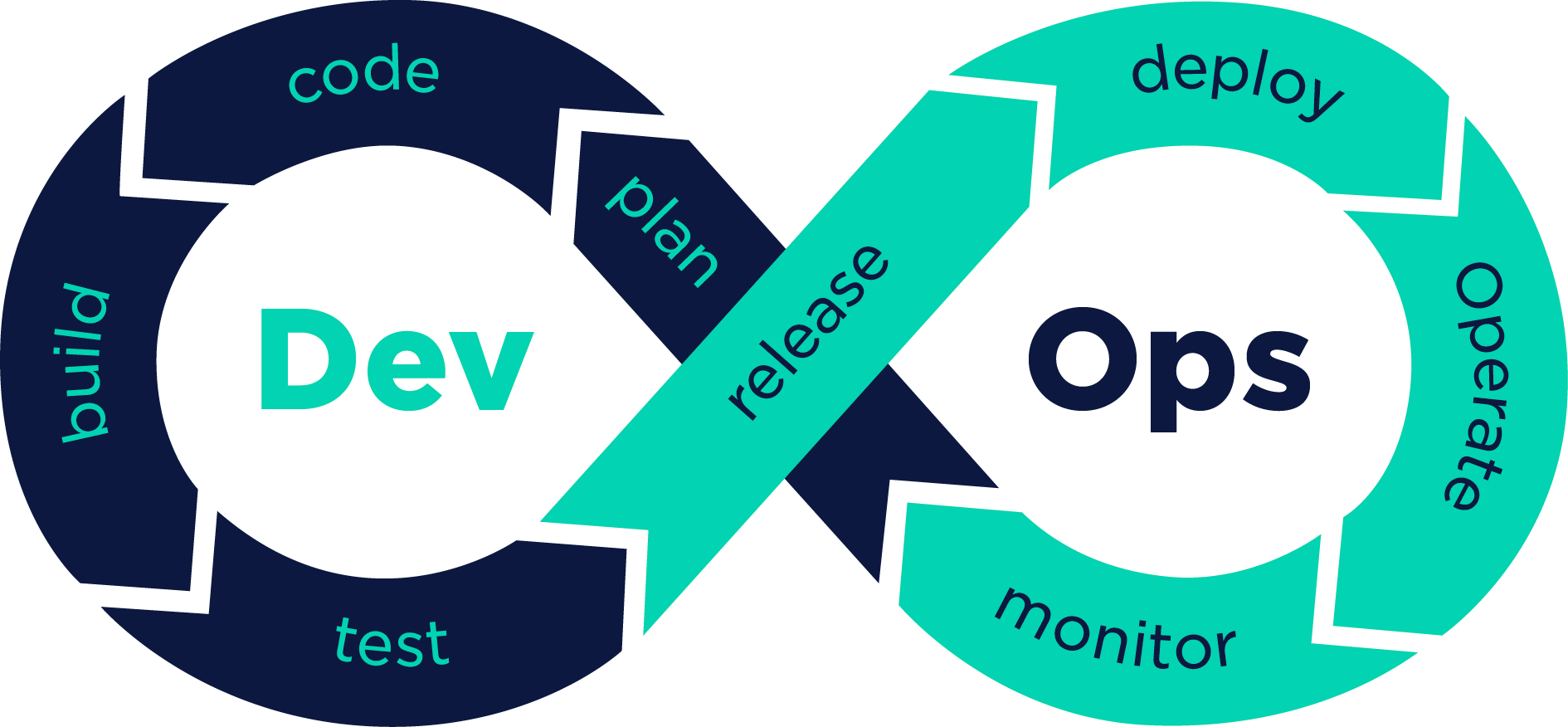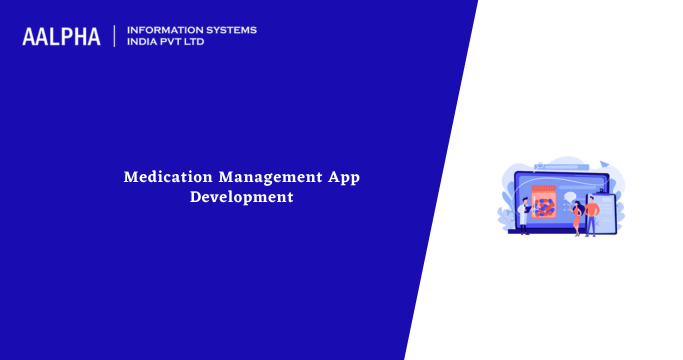As the popularity of DevOps across significant corporations and organizations continues to grow, the precise meaning of the word remains uncertain. Is DevOps culture, a movement, a methodology, a philosophy, or any mix thereof? Or does the phrase have varied meanings for different people?
Regardless matter how you define DevOps, DevOps success does not occur overnight. Instead, it is a voyage. Today’s businesses are committed to advancing the delivery of information technology to the next level. DevOps plays a crucial part in attaining this objective when it is executed well. Even though DevOps has been around for over a decade, many firms have yet to adopt it. And some continue to confront obstacles while attempting to reach their targeted advantages with DevOps.
Did you know? As per reports The global DevOps market is projected to grow at a CAGR of 22.9%, reaching $23.36 billion by 2027.
What is DevOps?
In 2009, Patrick Debois invented the term DevOps. It stems from operations and development. It is neither a method nor a standard. Instead, it represents the progress of the IT culture. DevOps emphasizes the velocity with which enterprises produce IT services by embracing agile and flexible approaches within a systems-oriented framework. DevOps applications rely on technology, namely automation technologies, that can take advantage of a dynamic infrastructure that is more programmable from a life-cycle perspective.
The Urgency of DevOps
The rising adoption of DevOps by the majority of enterprises worldwide suggests that it has the potential to be a crucial facilitator for attaining scale. Implementing DevOps methods enables a business to provide superior software in speed, quality, and dependability. Successful DevOps requires a culture of cooperation and collaboration throughout all organizational roles. It’s vital for organizations to invest in Devops Foundation certification training to fully leverage the benefits of this transformative approach.
Here are the leading reasons why businesses need DevOps:
-
It allows you to respond to business needs more quickly.
Frequently, data initiatives are motivated by urgent commercial issues. We want rapid solutions, instant improvements, and sometimes particular topics: a marketing campaign, precise segmentation, or the reason for a failed project.
Software is distributed in smaller batches and on shorter schedules due to using a DevOps methodology in businesses. It enables you to adapt to business requirements as they occur. This makes it feasible to minimize the initial time-to-market and conduct further rounds of product refinement.
-
It instills a data-driven culture inside your organization.
DevOps is neither a collection of best practices nor a rigid methodology. Instead, it is a notion of efficiency in which development and operations are intimately associated with projects. This expedites the project’s production. DevOps enables you to eliminate silos, operate with agility, communicate, generate and critique ideas, and broaden your knowledge.
Moreover, the DevOps culture is essential for businesses that want to depend increasingly heavily on data. For example, DevOps is required to supply production-ready data inside a company. Frequently, DevOps teams build environments that facilitate data exploration and visualization.
DevOps Implementation Strategies
The implementation roadmap for DevOps contains six steps:
-
Demonstrate the DevOps Initiative
The company’s IT director is essential for launching the DevOps strategy. DevOps is a component of the enterprise’s IT operations and enables other business processes, such as human resources and investment. Consequently, the IT director may modify development efforts and operations. The program manager then plans and oversees the deployment of business-specific DevOps solutions.
-
Develop Your DevOps Strategy
Program managers must establish a unified objective to align teams in a shared environment. This provides each team member with a feeling of duty and obligation. DevOps requires best practices that support new software development, infrastructure, and testing methods and increase team cooperation.
Your approach should be centered on two objectives: facilitating the ongoing release of production-ready processes and allowing the rest of the team to do their duties as effectively as feasible.
-
Encapsulate Your Applications
Application containerization is a fast-emerging technology that is altering how cloud-based application instances are tested and executed by developers. Containerizing your programs makes them lightweight and readily executable.
Container packaging increases the dependability of software throughout operations. In addition, the container element of the software makes it infrastructure-independent. This enhances its ability to operate independently in any context. In addition, containerization enables DevOps teams to quickly manage the application and make any necessary modifications to a specific microservice.
-
Combine Infrastructure with CI/CD Instruments
Containerizing demands active management. Infrastructure automation solutions such as Kubernetes, Ansible, and Chef in conjunction with CI/CD systems such as Jenkins, GoCD, or Bamboo may address configuration management and deployment issues.
These technologies configure risk-taking containers via routine monitoring and continual software upgrades.
-
Automate Additional Tests and Align QA with Development
By automating additional tests, delivery cycles will be accelerated, quality will improve, and test coverage will expand. However, this does not imply that every test must be automated. Before automating any test, determine the number of iterations required for each test. This way, you’ll be able to decide if automating a test is worth the effort.
In contrast, QA-Dev alignment is essential for managing post-launch issues. This alignment permits the early discovery of flaws and aids developers in addressing issues before the next release.
-
Observe Application Performance
Monitoring application performance provides the DevOps team visibility into software life cycle concerns. In addition, it helps to identify application flaws, prioritize them, and identify their fundamental causes.
To know more about DevOps Implementation Strategy connect with DevOps consulting company!
Also read : Devops Testing Best Practices





Share This Article:
Written by:
Muzammil K
Muzammil K is the Marketing Manager at Aalpha Information Systems, where he leads marketing efforts to drive business growth. With a passion for marketing strategy and a commitment to results, he's dedicated to helping the company succeed in the ever-changing digital landscape.
Muzammil K is the Marketing Manager at Aalpha Information Systems, where he leads marketing efforts to drive business growth. With a passion for marketing strategy and a commitment to results, he's dedicated to helping the company succeed in the ever-changing digital landscape.